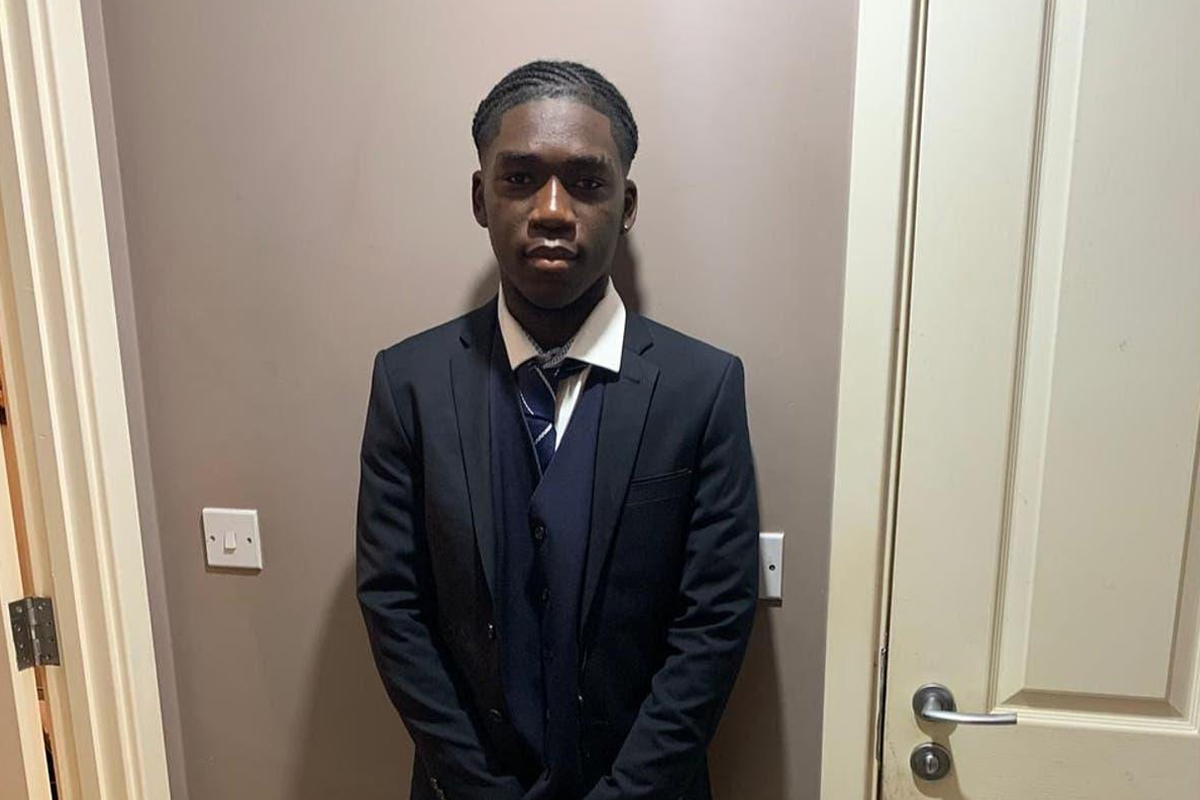Justice Minister Yariv Levin has until the end of the day on Sunday to announce the candidates for Chief Justice of Israel’s High Court. If he does not do so, he will be in violation of a High Court ruling from September 8.
A spokesperson for Levin did not say on Sunday afternoon whether or not Levin intended to respect the order.
The High Court order came in response to a petition against Levin to force him to convene the Judicial Appointments Committee in order to appoint a new chief justice, which he has refrained from doing since the previous chief justice, Esther Hayut, retired in October 2023.
The court’s ruling in September was that Levin needed to announce the candidates within 14 days, and then act to convene the committee and appoint the next chief justice immediately afterwards.
The order is a test of the justice minister’s adherence to the court’s authority. If he refrains from adhering, Israel will enter an unprecedented constitutional crisis. At least one minister and one Member of Knesset called on Levin not to adhere to the order.
Background information
Levin argued that he refrained from electing a new chief justice in order to appoint a candidate that has “broad support.” However, Levin is also opposed to the candidacy of Yizhak Amit, who is likely to become the chief justice when the vote is held. Amit is considered a liberal judge and is next in line to take over as chief justice according to the long-standing seniority method, whereby the longest-tenured justice on the High Court bench becomes the Chief Justice. The seniority method is not enshrined in law, and Levin has expressed support instead in the only other justice to announce his candidacy, the conservative justice Yosef Elron.
In parallel to the legal timeline following the September 8 ruling, Levin has also mulled enacting legislation in order to alter the seniority method, or, alternatively, changing the election procedure so that the governing coalition on the Judicial Appointments Committee receive veto power on the chief justice election.
The nine-member committee includes three members of the governing coalition, including Levin himself; one member of the opposition; three High Court judges; and two members of the Israel Bar Association. The judges, lawyers, and opposition MK, who have a majority in the committee, tend to support appointments of liberal judges. The chief justice election requires a simple 5-4 majority in the nine-member committee, and therefore Amit is likely to be elected. However, Levin’s idea is to change the requisite majority to 7-2, and thus, the three members of the coalition will have de facto veto power.
The law requires a 7-2 majority in appointing new justices to the bench. In addition to choosing a new chief justice, the petition in the high court was also against Levin’s delay in appointing new justices to replace the soon-to-be three vacancies on the bench. However, the court ruled that the requisite 7-2 majority awarded Levin the right to delay the appointments until broad agreement was reached. Levin’s hope is that if he changes the chief justice appointment procedure to mirror that of the new justices appointment procedure, the court will no longer be able to force him to hold a vote to choose the chief justice.







